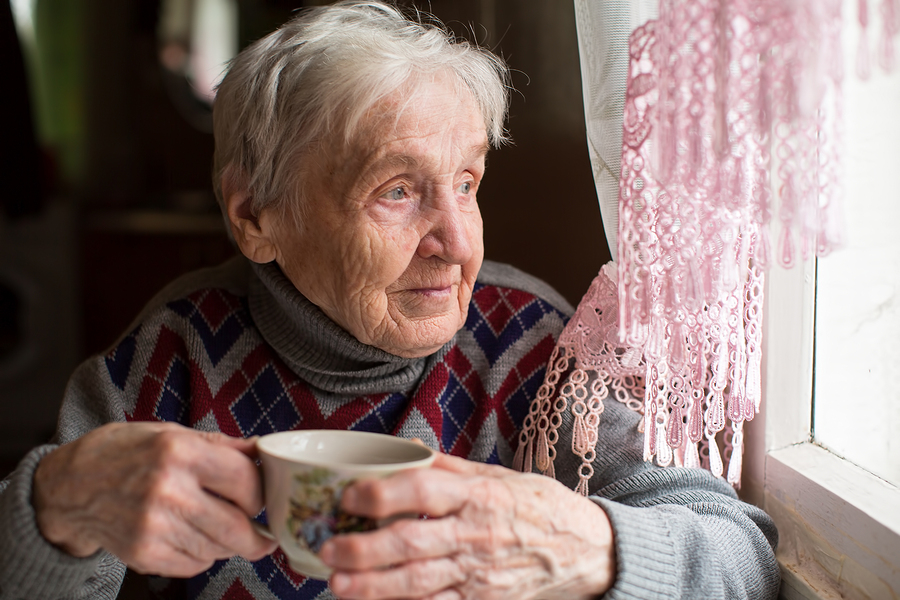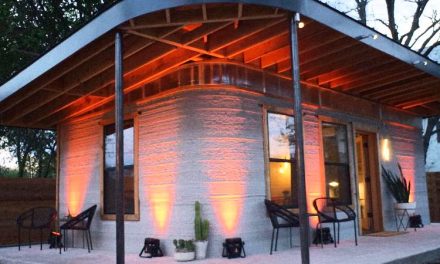A 2012 study in The Gerontologist found that around one-third of 45- to 63-year-olds are single, with most being divorced or never married; a 50 percent increase since 1980. And, about 15 percent of 40- to 44-year-old women had no children in 2012, up from about 10 percent in 1980. So now, after years of putting self and career first, those aging alone are having to ask the question, “How are we going to take care of ourselves?”
From the article:
“Dr. Maria Torroella Carney, chief of geriatrics and palliative medicine at North Shore-LIJ Health System in New York, is asking the same thing. In research presented this year at The American Geriatric Society’s annual meeting, Carney and her colleagues found that nearly one-quarter of Americans over age 65 are or may become physically or socially isolated and lack someone like a family member to care for them. Carney calls them “elder orphans.”
“The risk of potentially finding yourself without a support system – because the majority of care provided as we get older is provided by family – may be increasing,” she says.
The consequences are profound. According to Carney’s work, older adults who consider themselves lonely are more likely to have trouble completing daily tasks, experience cognitive decline, develop coronary heart disease and even die. Those who are socially isolated are also at risk for medical complications, mental illness, mobility issues and health care access problems.”
1. Speak up.
Make sure to discuss your options openly with friends – married and single, men and women. After all, we discuss every other issue with professionals, friends, family, etc. – why not this one? So many people age alone without giving it thought or making plans and when life happens, it can be overwhelming.
2. Act early.
Start planning sooner rather than later; just how early you start planning for your future health depends partly on your current condition and your genes.
Make sure to contact a financial planner who can help you save for long-term care, invest in a home, or putting aside money for medical emergencies. Don’t wait to save.
If you don’t plan now you are effectually allowing someone else to make decisions for you and the likelihood that they are going to have your best interest at heart is fastly disappearing.
3. Make new friends and keep the old.
Your social connections can help with practical health care needs, like driving you to the doctor when you’re unable. But they also do something powerful: keep you alive, research suggests. In a 2012 study of over 2,100 adults age 50 and older, researchers found that the loneliest older adults were nearly twice as likely to die within six years than the least lonely – regardless of their health behaviors or social status.
Connections can also help ward off depression, which affects nearly 20 percent of the 65-and-older population, according the National Alliance on Mental Illness. “One of the things that keeps people from being depressed is to be connected,” Rahl says. “The more social activities you have, the more friends, the more things you can do to keep your body and mind active – that’s the best protection you have against mental illness.”
4. Appoint a proxy.
Who is your most trusted friend or relative? Make sure to find someone you trust to help you make decisions with OR if you’re in a time of crisis, make decisions for you. This person should know your Social Security number, where you keep your insurance card, which medications you take, etc. Also, before you lose any of your cognitive capacities, consider giving them durable power of attorney for health care.
However, if you don’t have anyone that fits the bill, hire an attorney who specializes in elder care law. You can ask for recommendations from friends or elder chat rooms/online groups.
5. Consider moving.
Another good idea is moving to a place where you aren’t transportation-dependent, like a more walkable city, or even a college town where you’ll be surrounded by young people and can stay engaged with activities like mentoring.
Adjusting your living situation might be one of the quickest and easiest things you can do but it will have a HUGE impact on the future.
6. Live well.
If you aren’t healthy or if you don’t eat well and you aren’t doing regular exercise- start today. What you eat and whether or not you consistently move your body can make or break your health. But don’t forget to keep your brain sharp, too. You are going to need it to make informed decisions about your health care and life. The truth is, “If you don’t use it, you lose it.”
Have you thought about how you are going to age? Do you have a plan?
Source: US News












